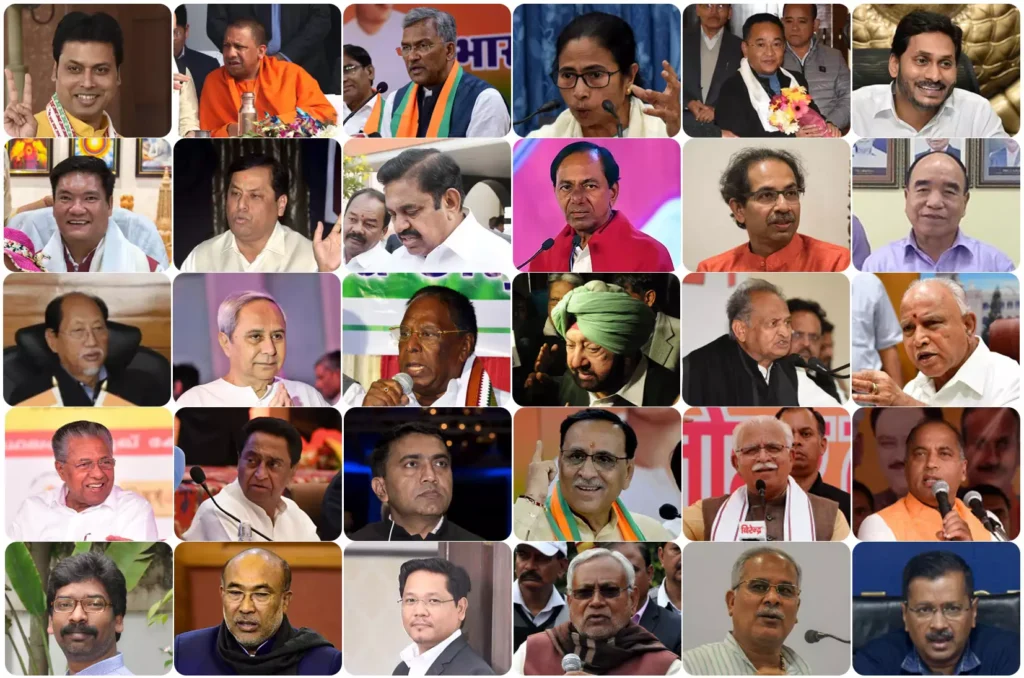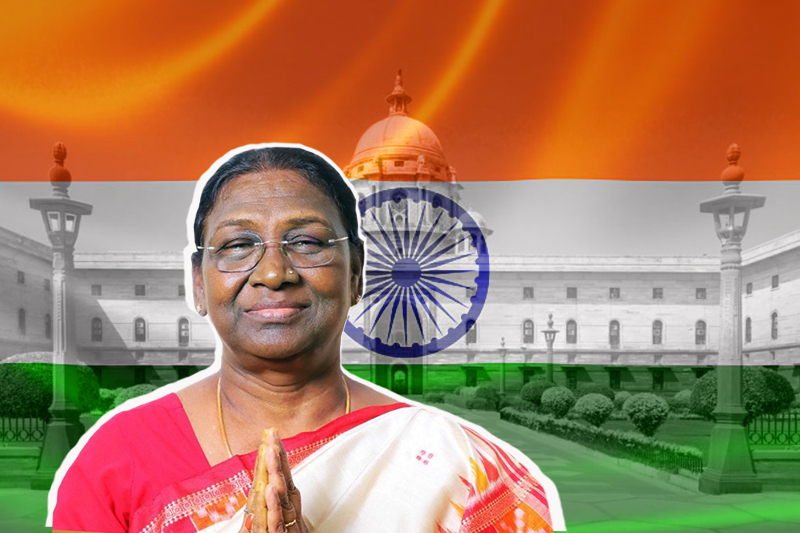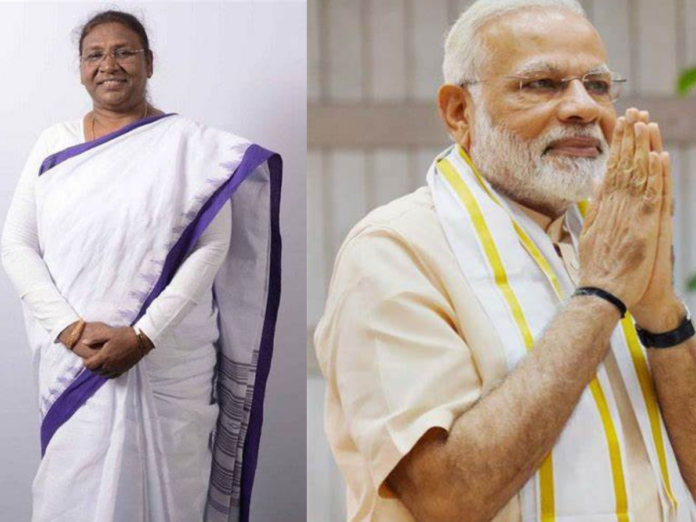The salaries of the Prime Minister, President, Chief Ministers, and other high-ranking government officials in India, including the Vice-President, state governors, chief justices, justices of the Supreme Court, chief election commissioners, and members of parliament.

The government periodically appoints impartial pay commissions to assess and suggest adjustments to the pay scale for central government personnel. Similar procedures are used by state governments. Let’s look at the salaries of the Indian President, Prime Minister, and Chief Ministers of the various states. In 2021, Mr. Narendra Modi will still be serving as Prime Minister of India.
Salary of Mr. Narendra Modi, India’s Prime Minister

In 2021, Mr. Narendra Modi will still be serving as Prime Minister of India. He is paid a base salary of Rs. 2 lacs per month, and after deductions, his take-home pay is still Rs. 1.6 lacs. The executive leader of India is the Prime Minister. He serves as the top advisor to both the Council of Ministers and the President of India. The Indian Constitution’s Article 75(6) specifies that the Parliament determines the Prime Minister’s remuneration, which is periodically amended. In 2021, Mr. Narendra Modi will still be serving as Prime Minister of India.
Recommended: Interesting facts about the Indian-origin UK’s Prime minister
Salary of India’s State Chief Ministers

In India, each of the 28 states and occasionally a union territory has an elected chief minister who serves as the head of government. Currently, only the UTs of Delhi and Puducherry have active chief ministers. The Indian Constitution names the Governor as the head of each state, although the chief minister actually has de facto executive power. In India, the pay for Chief Ministers varies from state to state. Compared to other Chief Ministers in India, Telangana’s Chief Minister earns the most. It varies from 1 lakh to 4.5 lakhs
Salary of The President of India – Draupadi Murmu

The ceremonial head of state of India and supreme commander of the Indian Armed Forces is the president. He makes a base monthly income of Rs. 5 lac, and after deductions, his take-home pay is Rs. 3.5 lac.
When India’s constitution went into effect on January 26, 1950, and the country became a republic, the position of president was established. The legislative legislatures of each of India’s states and territories, as well as both chambers of the Indian Parliament, who are all directly elected, participate in the indirect election of the president.
Recommended: Narendra Modi Net Worth 2023: Is the Indian PM a Rich Man?
Salary of MLA

State governments set MLA salaries. The pay for MLAs varies greatly amongst state legislatures. While an MLA in Maharashtra makes Rs. 75000 and MLAs in Karnataka make about Rs 95 000 per month, a Delhi MLA receives a salary of Rs. 12000 per month along with other benefits. MLAs get similar benefits to MPs in addition to their income, including a daily allowance, constituency allowance, office expenditures allowance, and provisions for lodging and travel. These also vary across the state, as is the case with salaries.
Salary-setting procedures
MPs are given the authority to set their own wages by adopting laws under Article 106 of the Constitution.1 Up until 2018, MPs regularly enacted measures to increase their pay. The issue of conflict of interest arises because MPs decide their own salary. Several MPs urged in 2010 that a process be developed to determine MP salary that does not include MPs or a parliamentary committee during a discussion of the subject in the Lok Sabha.
While other public officials’ pay is not affected by this conflict of interest, Indian MPs choose their own salaries. The compensation for a number of constitutional officers, including the President, Vice-President, and judges of the Supreme Court and High Courts, is set by laws enacted by Parliament.


